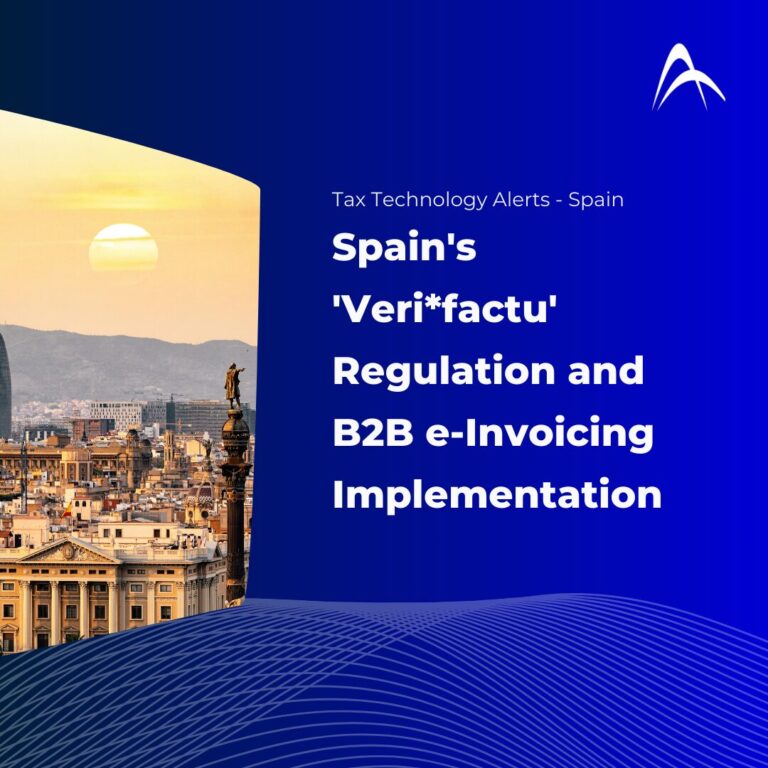Type: Draft Legislation
As the trading of non-fungible tokens (NFTs) gains traction, the question of whether they are subject to EU VAT as a digital service arises. Countries like Spain and Belgium have come to this conclusion, but will the rest of the EU concur? Or, given that they are blockchain crypto assets, the EU may decide to exempt them like other cryptocurrencies like Bitcoin.
VAT on cryptocurrency payment tokens is being examined by the EU VAT Committee. Spain’s VAT NFT and Belgium’s Non-Fungible Token VAT have already received official member state confirmation. Additionally confirmed is the New Zealand GST on NFTs.
Non-Fungible Tokens are distinctive digital certificates of ownership for digital assets like online artwork, audio and video recordings, and similar files in the formats of JPEG, MP3, or MP4. However, they can also vouch for ownership of tangible assets like real estate and, in particular, collectibles like sports cards. Blockchain shared ledger technology is used to store NFTs, enhancing their security and preventing fraud. They can be sold directly between owners and buyers or through specialized marketplaces because they have been tokenized.
NFT transactions comply with the EU’s definition of a digital or electronic service since they give the new owner access to digital files. Therefore, in the EU member states, their sale is subject to VAT. The standard VAT rate will apply to the majority of NFT transactions. In some jurisdictions, there might be exceptions.
The One-Stop-Shop return’s ability to declare sales and VAT collected throughout the Single Market is still yet to be determined for NFT sellers who wish to report their VAT.
Effective date: n/a



